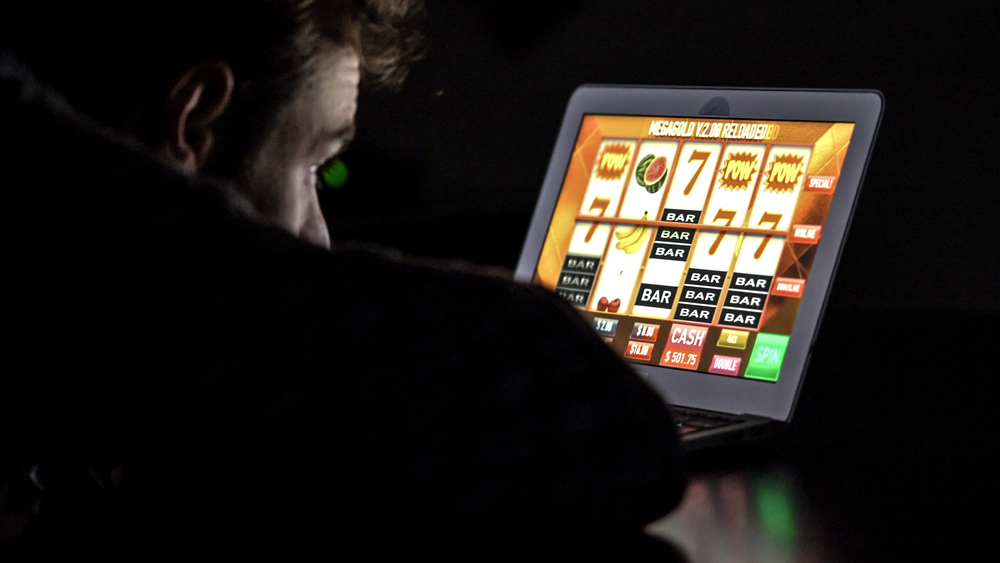With gambling activity steadily growing back to pre-pandemic levels, GambleAware has warned that the number of those suffering from gambling-related harm is rising too.
The charity’s warning is based on numbers taken from the YouGov-conducted “Annual GB Treatment and Support Survey for 2021”.
GambleAware and YouGov have been working together since 2019 to produce data reflective of the overall demand for and usage of treatment services available to gamblers, which data is then handed over to the National Gambling Treatment Service (NGTS) for an optimal response to current trends.
Answers for the 2021 report were compiled through an online survey that generated a response from 18,038 adults. Qualitative research was also factored in, with a total of 30 people interviewed on the phone.
To achieve an accurate representation of each participant’s level of gambling endangerment, YouGov has also implemented the standardised method of Problem Gambling Severity Index (PGSI) in combination with the UK Census on public ethnicity classifications.
Results suggest that problem gambling is more prominent amongst society than what is being shared by other sources, GambleAware concluded.
In more details, respondents who have scored 1+ on the PGSI scale have increased from 11.8% in 2020 to 12.7% in 2021. The PGSI +8 index has also seen an increase, with 7.1% of males between 18 and 34 falling into this category in comparison to the 4.6% in 2020. Echoing previous studies, males remain at an overall higher risk of gambling-related harm than females.
According to GambleAware, the figures are a reversal from 2020 when the gambling population saw a decline in numbers. The charity however notes that 2021 saw a spike in major sporting events taking place, as well as rising levels of participation in the National Lottery.
Counterintuitive to the growing number of gamblers, the charity pointed out that there are still different barriers holding people away from treatment such as stigma and denial, and that significant work needs to be done so that these barriers can be removed.
GambleAware advisor Dr Hilary Jones MBE said: “Despite impacting a significant number of people, gambling harms are often poorly understood and under-reported.
“This is because the impact harmful gambling can have on people’s lives is incredibly varied, complex, and too often hidden.
“Being one of the estimated 1.4 million experiencing harms from gambling could mean you may be struggling with a number of consequences which go far beyond just financial debt and could include both mental and physical health,” Dr Jones concluded.
GambleAware has called for a better communication strategy to educate people on the risks problem gamblers can face, as well as an improved and expanded information campaign to showcase all treatment services currently available, such as its own National Gambling Treatment Service.
Zoë Osmond, CEO of GambleAware, said: “For many years, the National Gambling Treatment Service has been working in partnership with the NHS and other organisations to provide free, confidential support that is effective and easy to access.
“While we’re proud to have enabled over 200,000 people over the past six years to get the help they need, we know there are many more out there who also need help. Our message to anyone struggling or worried about their loved ones is that you are not alone.”
























